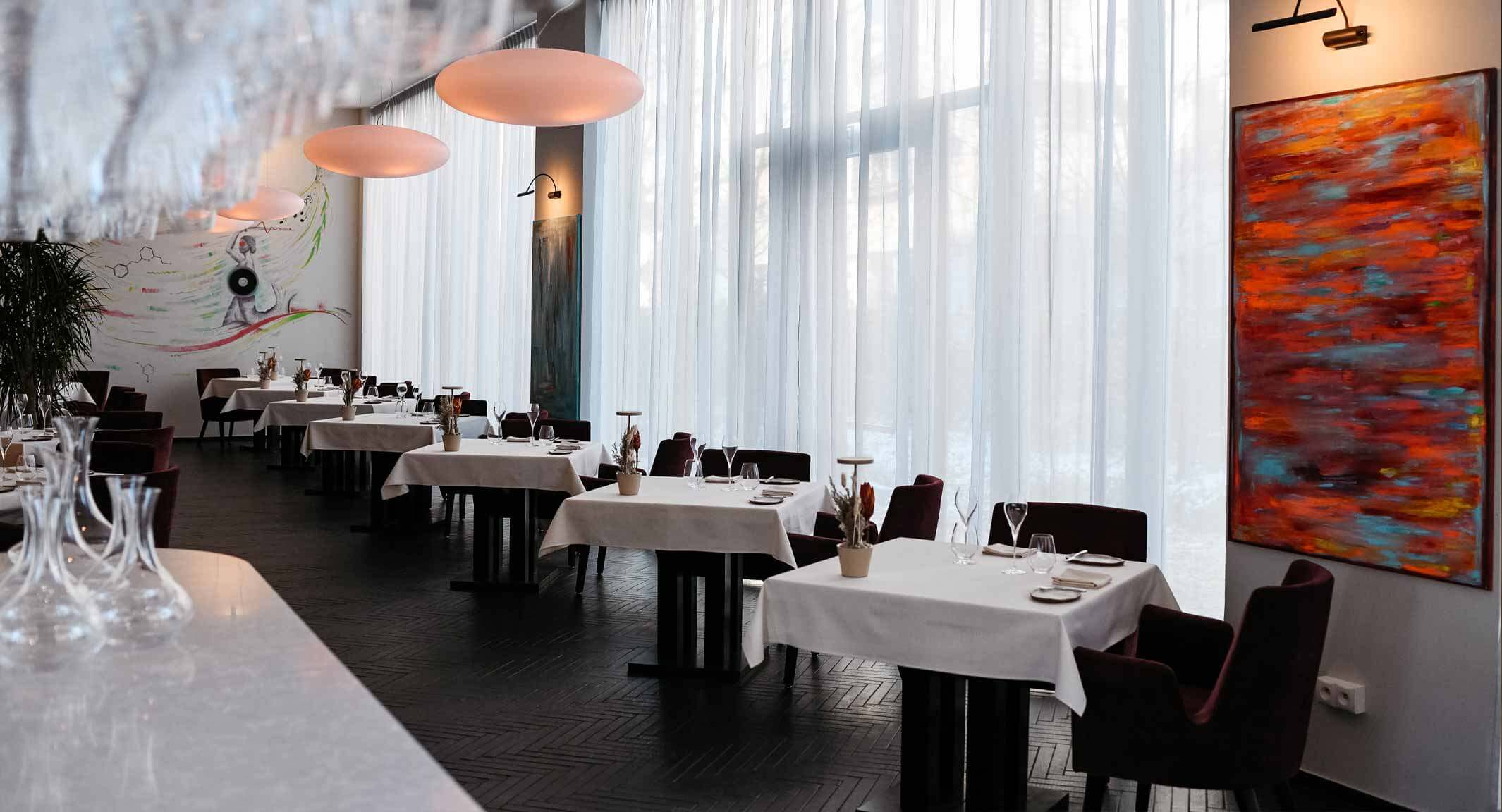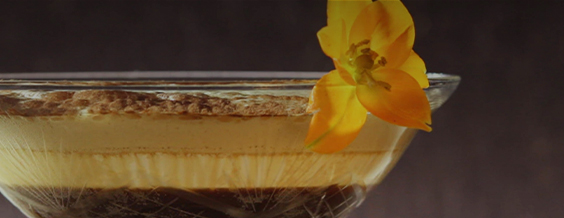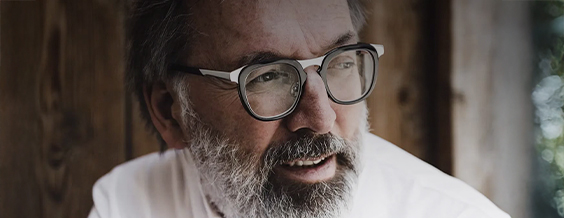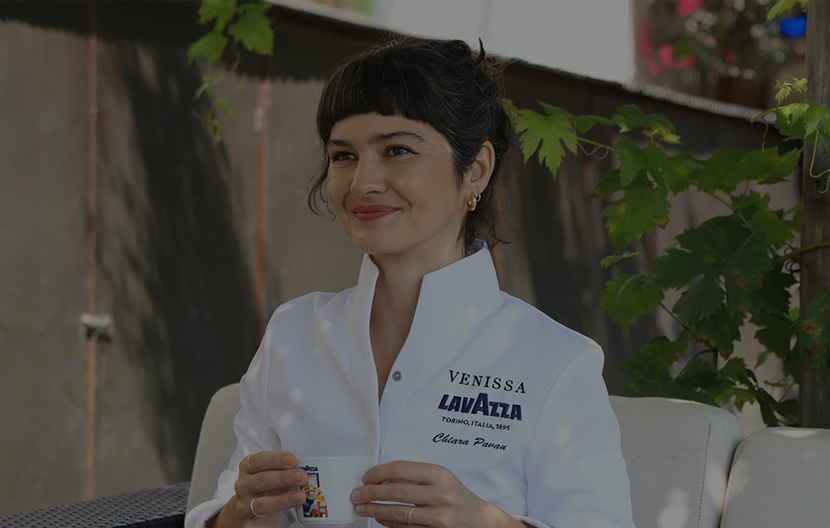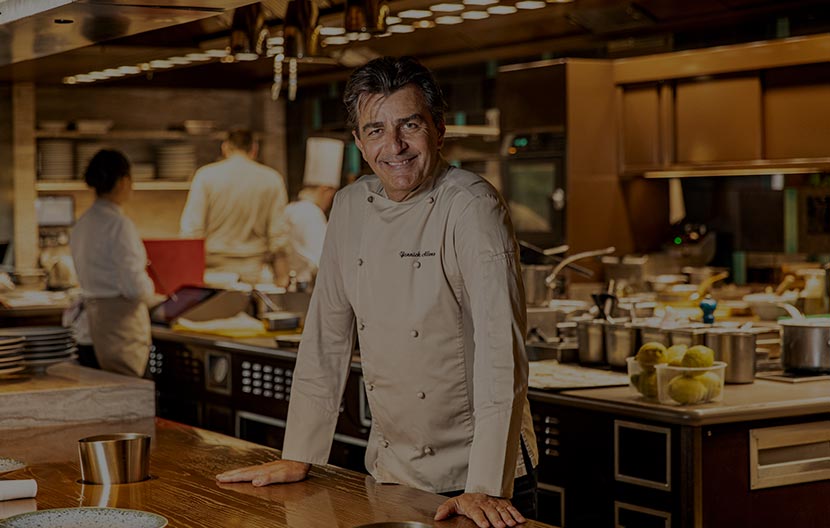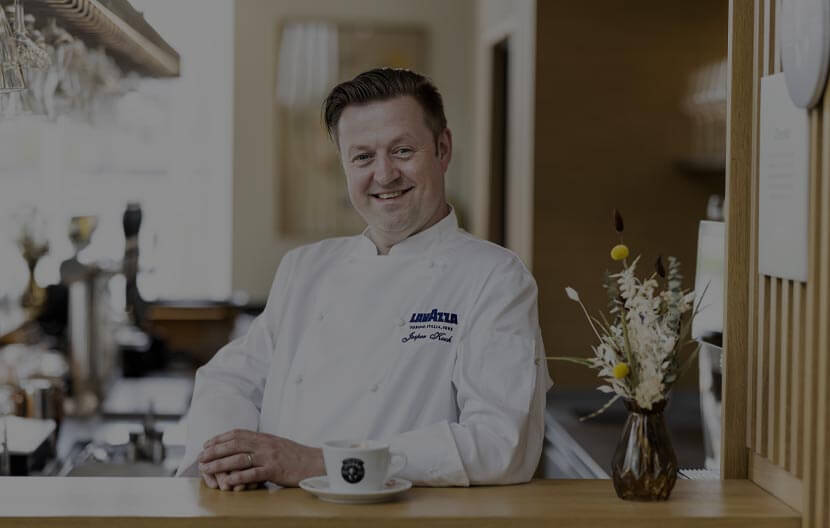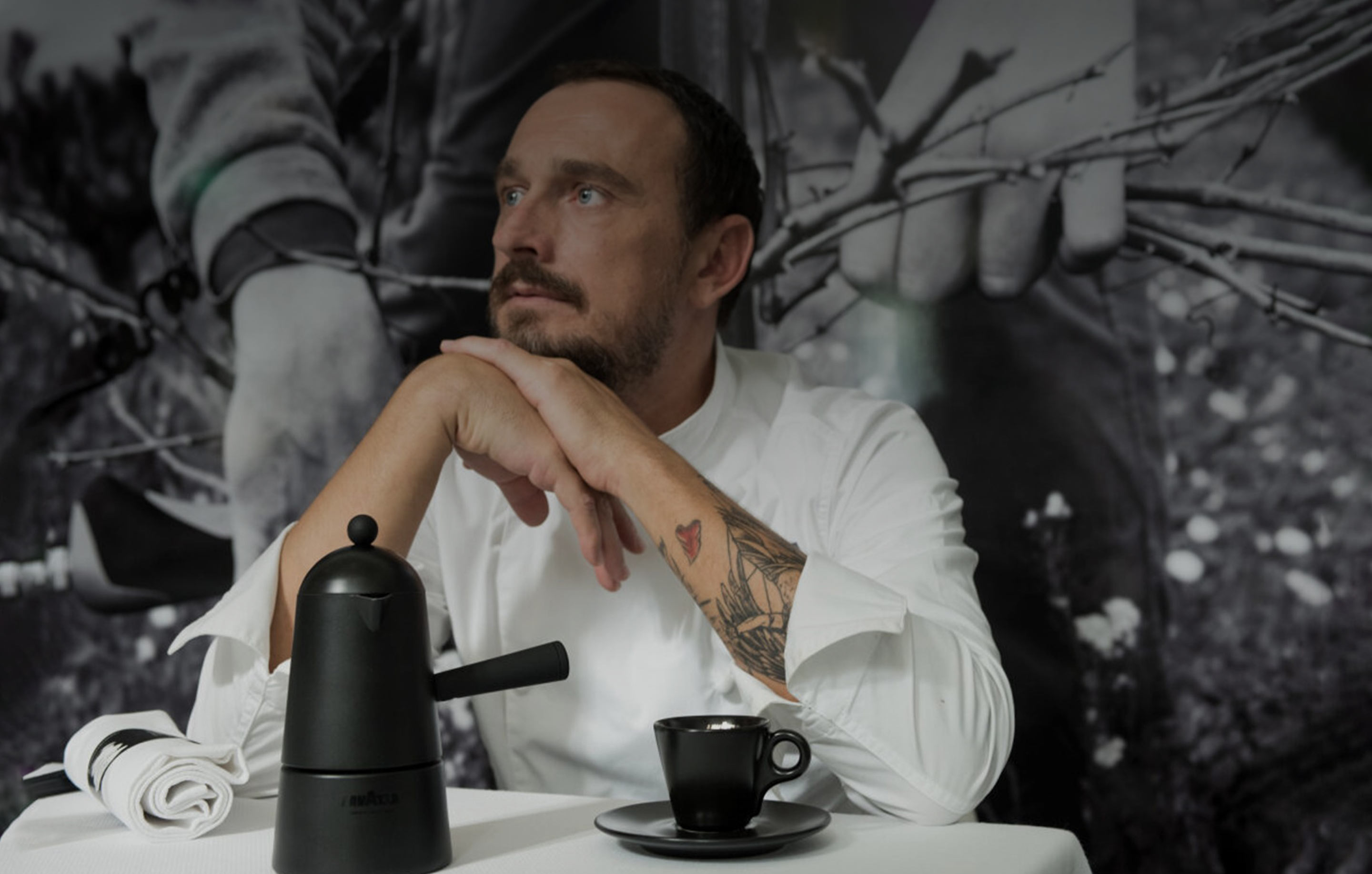*Lavazza is not affiliated with, endorsed or sponsored by Nespresso
**Nescafè®, Dolce Gusto® and Melody I are third party trademarks with no connection with Luigi Lavazza S.p.A.
*Lavazza is not affiliated with, endorsed or sponsored by Nespresso
**Nescafè®, Dolce Gusto® and Melody I are third party trademarks with no connection with Luigi Lavazza S.p.A.
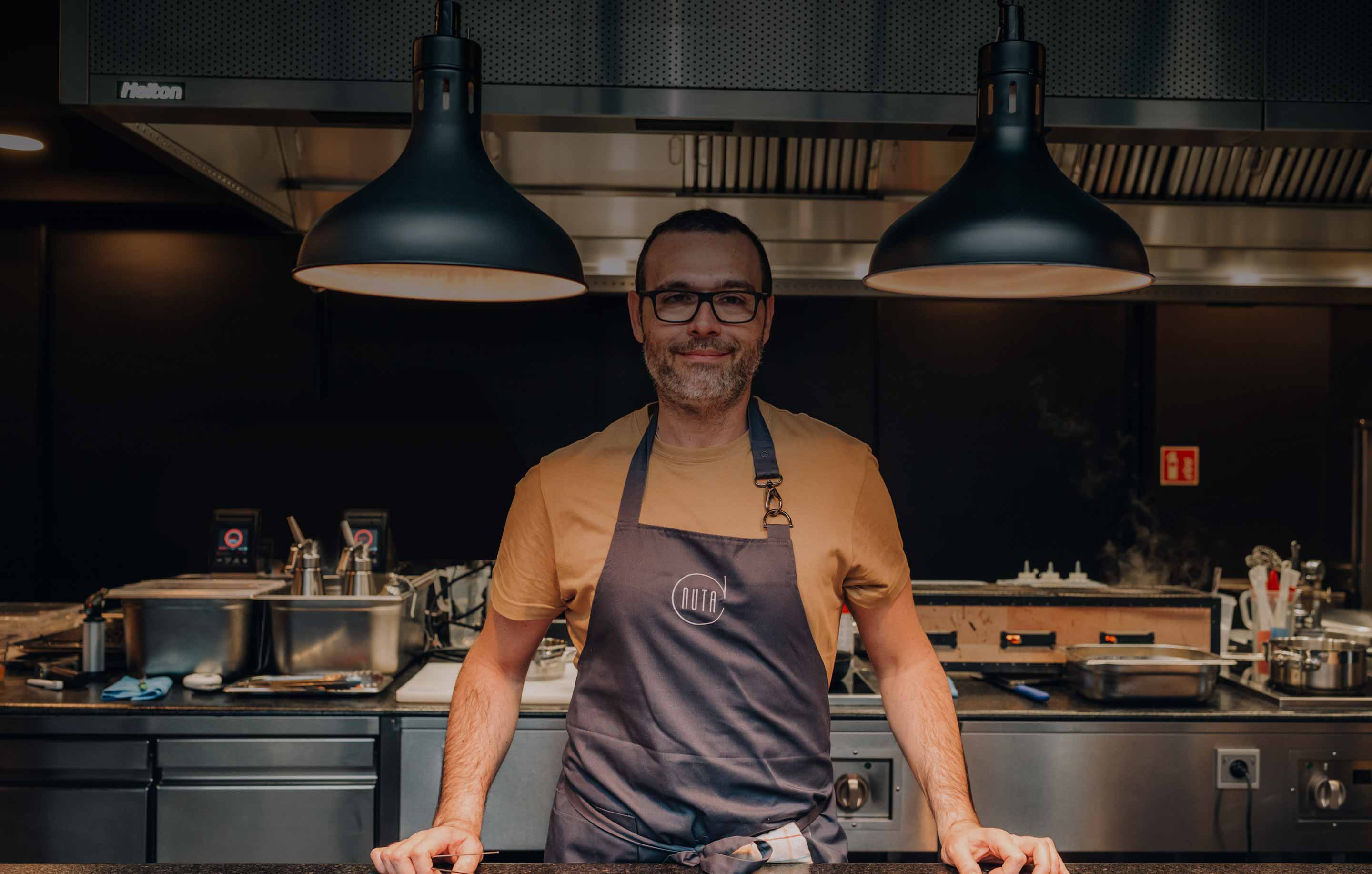
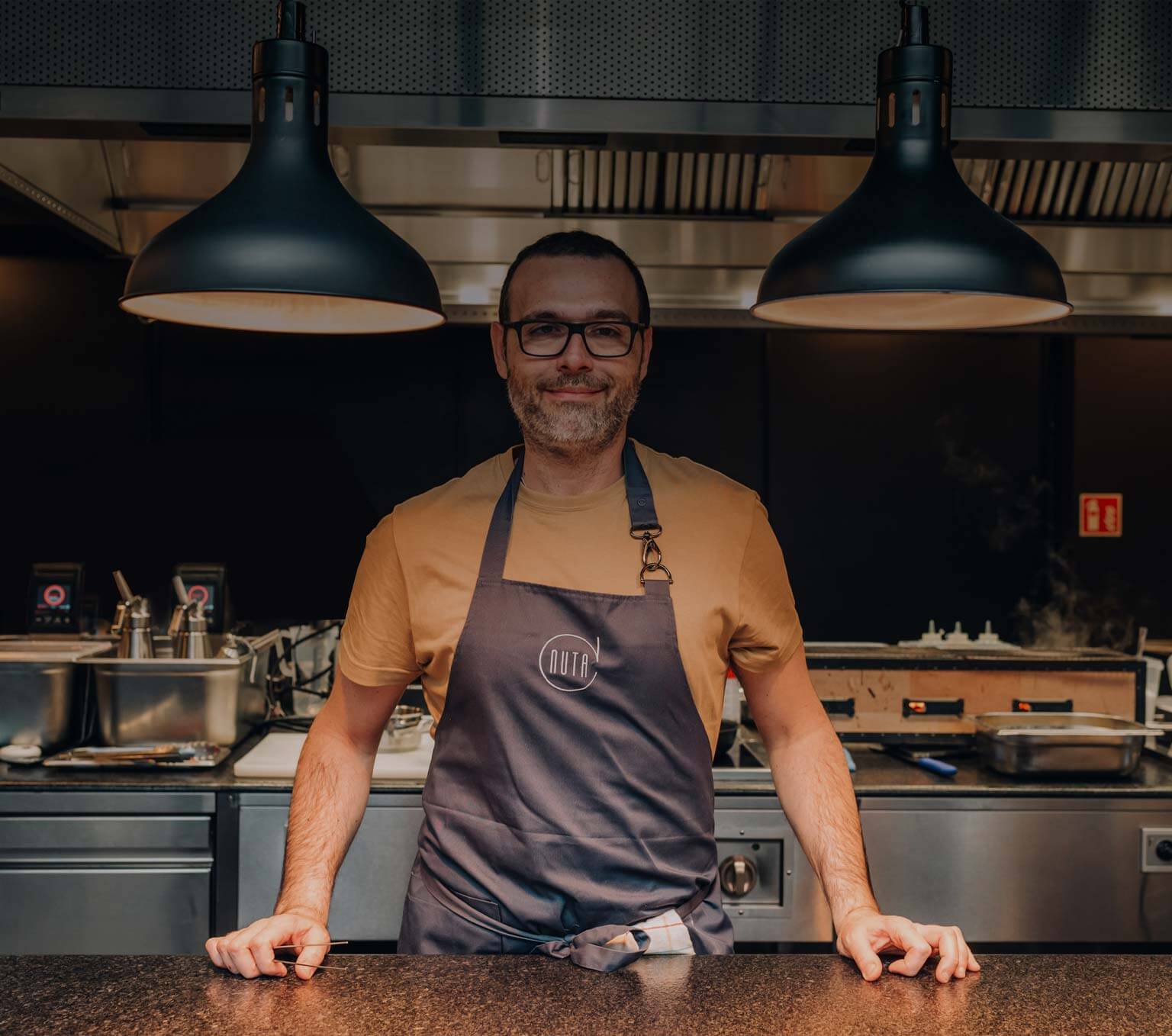
ANDREA CAMASTRA: POLISH CUISINE AND HIGH-TECH INSTRUMENTS
Modernity as a method but not as a goal
With his scientific style of cuisine, Andrea Camastra is the Italian chef who, in Warsaw, Poland, reinterprets the Polish gastronomic tradition with contemporary flair through the most modern culinary techniques and his own truly incisive work. He believes that to enjoy the real food of this nation, you need to leave the city for the country and savour home-cooked meals. This is precisely where the Apulian chef, from Monopoli in Bari, focuses his attention.
The relationship between science and the cuisine of Andrea Camastra
Understanding his culinary art means investigating the profound connection between Polish cuisine and the chef’s cuisine, and how it combines with his passionate interest in science as it applies to the kitchen. Camastra embraces the research of French chemist Hervé This into molecular gastronomy and his ‘note-by-note’ cuisine. This particular gastronomic technique starts with the careful analysis of the molecules that make up a given ingredient, to comprehend which of them may be responsible for its taste. Then, these molecules are extracted and used to give that specific taste to a dish, or assembled with particles of other foods to create new flavours that do not exist in nature. However, for Camastra, modernity is his method but not his goal.
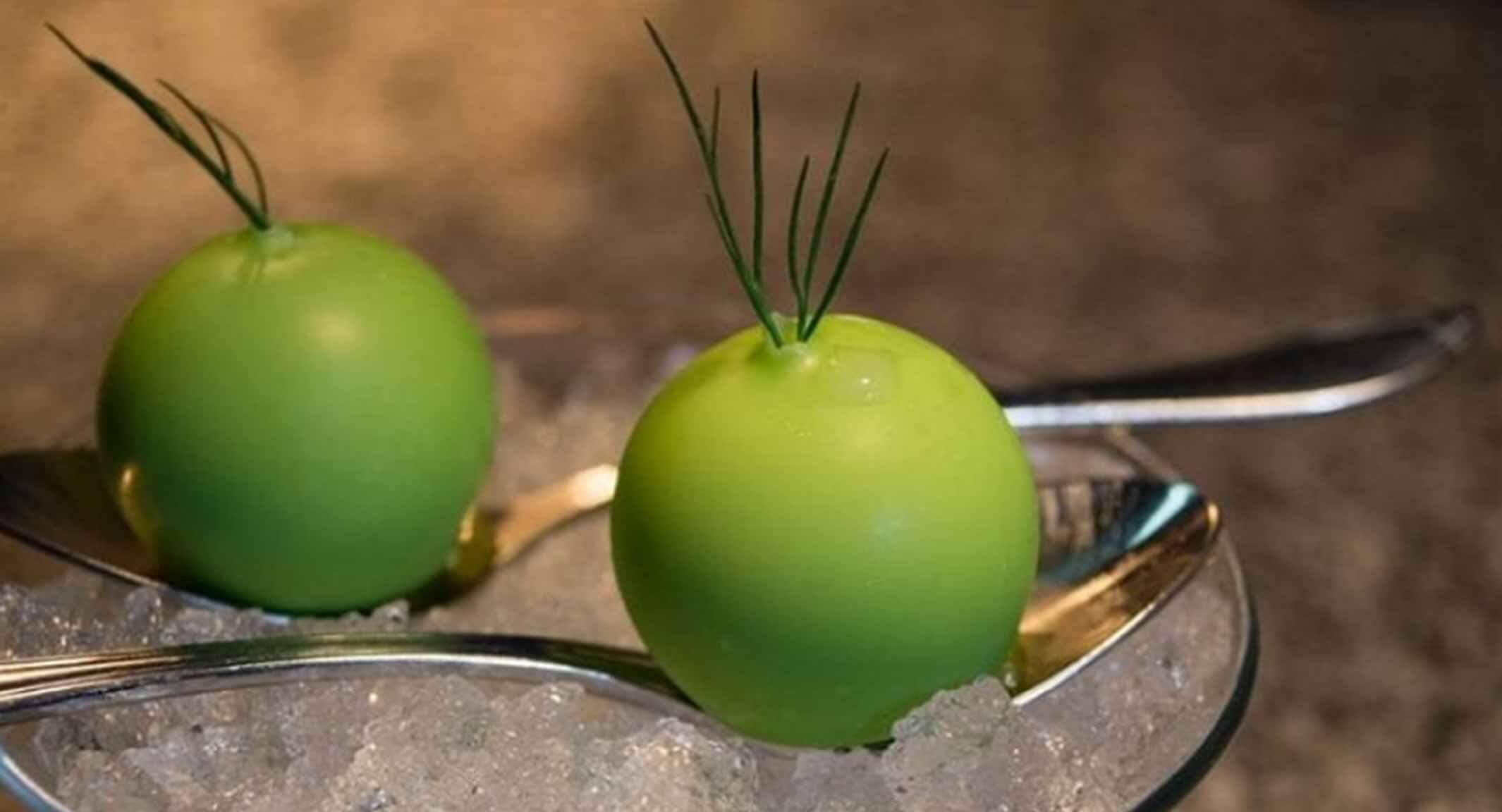
Through the use of technology and an approach stripped of preconceptions, Chef Camastra digs deep into the traditions and practices of Polish cuisine, apparently freeing it from excess to reach the essence of every dish. His interpretations of rosół, the broth that is synonymous with Sunday lunch for many Polish families, and gulasz, the beef stew renowned throughout central Europe, manage to convey the unique flavours that tease out memories and arouse emotions. The chef journeys courageously through every dimension of Polish cuisine, from the most contemporary and most refined to the most rustic. An example of this is his ‘troć wędrowna’ (sea trout) with almonds, green peppers, and saffron, the chef’s homage to Poland’s role as a point of transit for spices and other exotic delights.
Experience at the Michelin-starred Senses restaurant
At his Michelin-starred Senses restaurant in Warsaw, the meal began with his entrée ‘chłab ze smalcem’ (bread and lard), a typical appetiser that the average customer dining out in Poland would expect to find on the menu, together with other pillars of traditional Polish cuisine such as ‘mizeria’, a dish based on cucumber, sour cream, and dill. There’s also the ‘oscypek’, a traditional cheese from the Tatra Mountains and a classic at street fairs that is typically cooked on the grill and served with cranberry sauce. All these dishes, enriched by the molecular component, are transformed into spheres: a capsule that explodes in the mouth to release the familiar flavour that immediately carries you back to your grandmother’s kitchen.
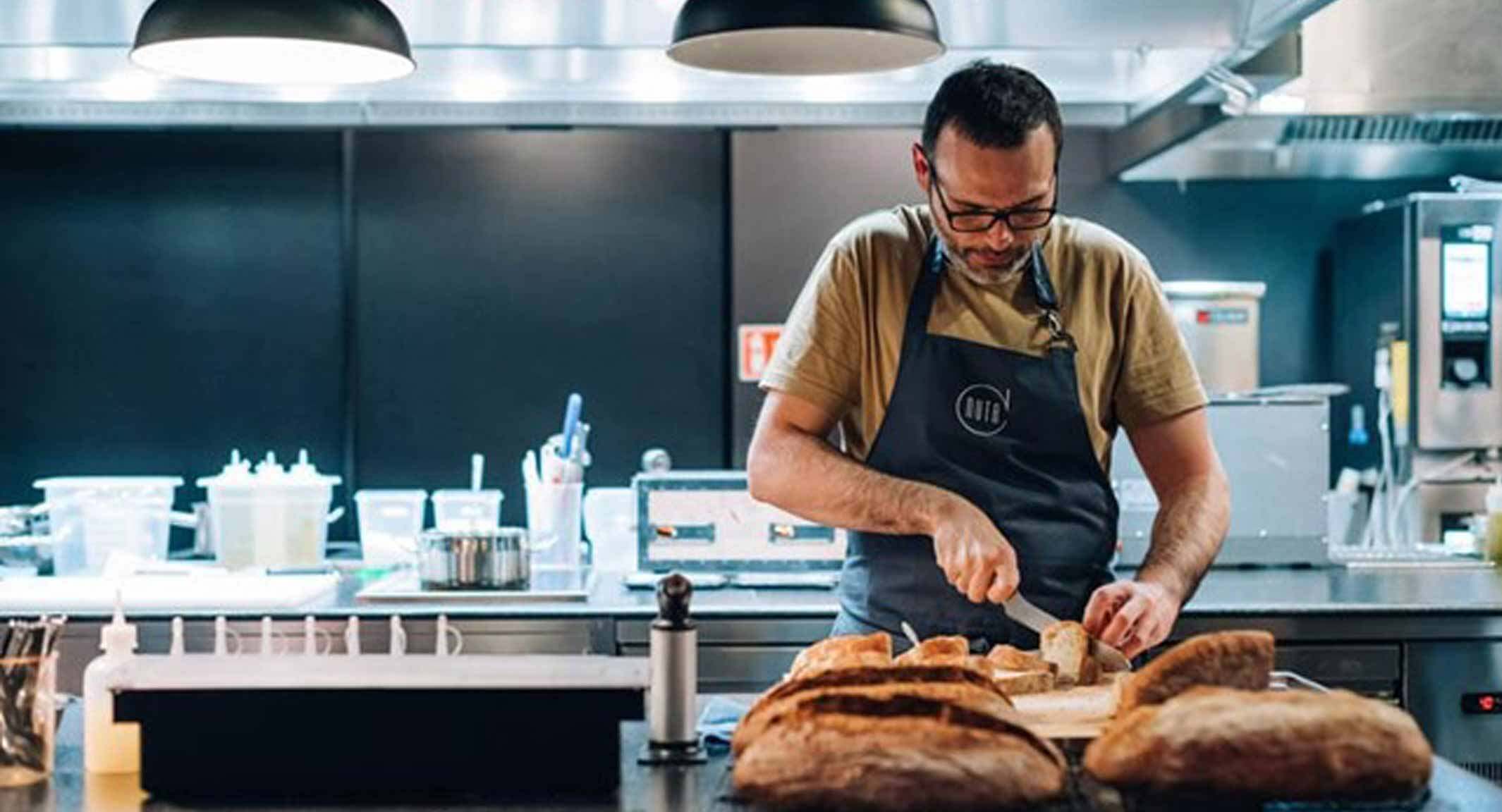
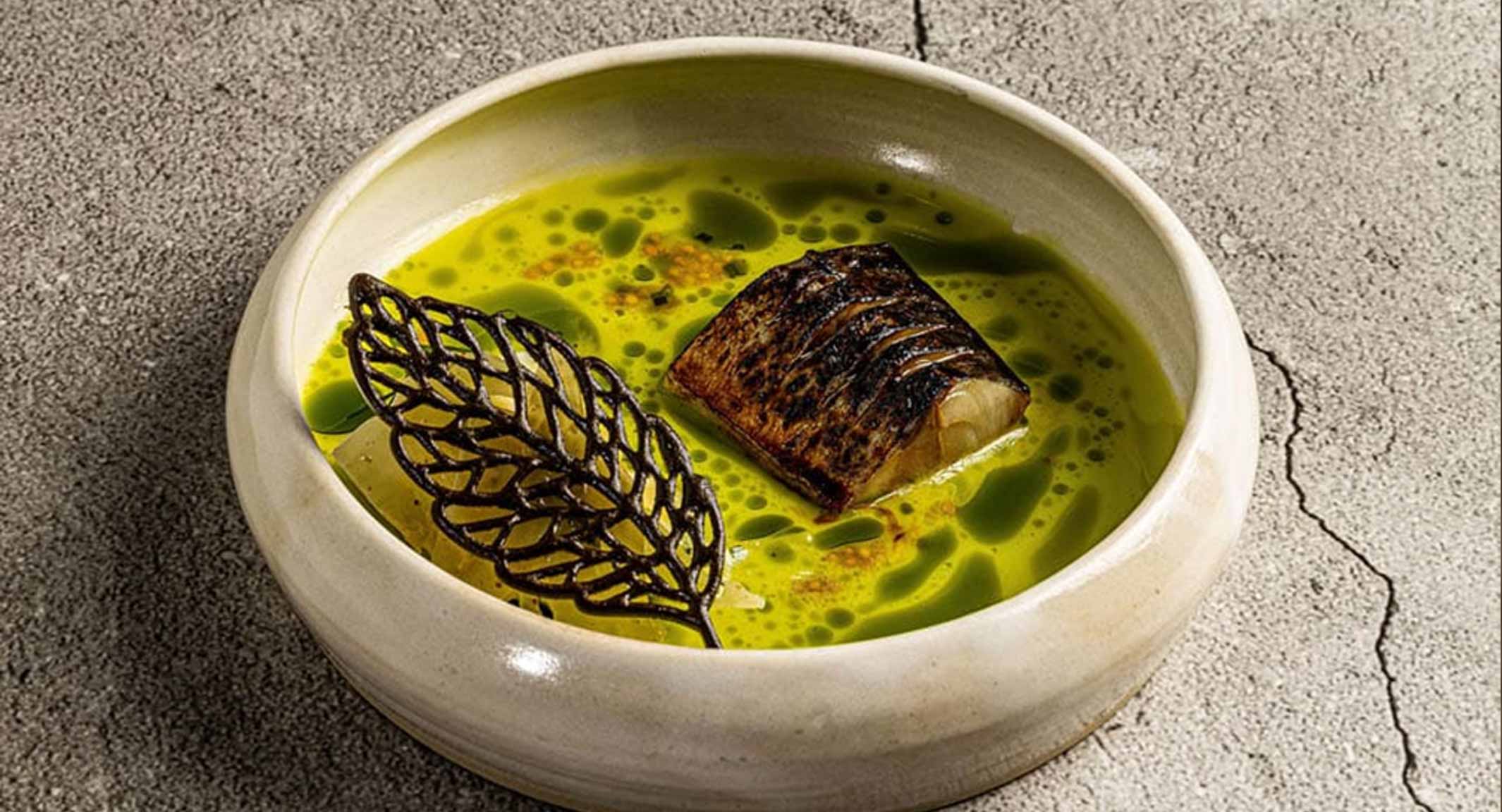
The opening of Nuta and the Michelin star
After the success of Senses, which closed its doors during the pandemic, and the achievement of a Michelin star, the chef opened Nuta, inspired by Polish cuisine with Italian accents and a subtle Asian touch. Here, inside the prestigious Ethos building, in Plac Trzech Krzyży, one of Warsaw’s main squares, the Italo-Polish chef expresses his creativity with two menus: ‘Virtuoso’, an introduction to the world of haute cuisine, and ‘Maestro’, the crowning glory of his career.
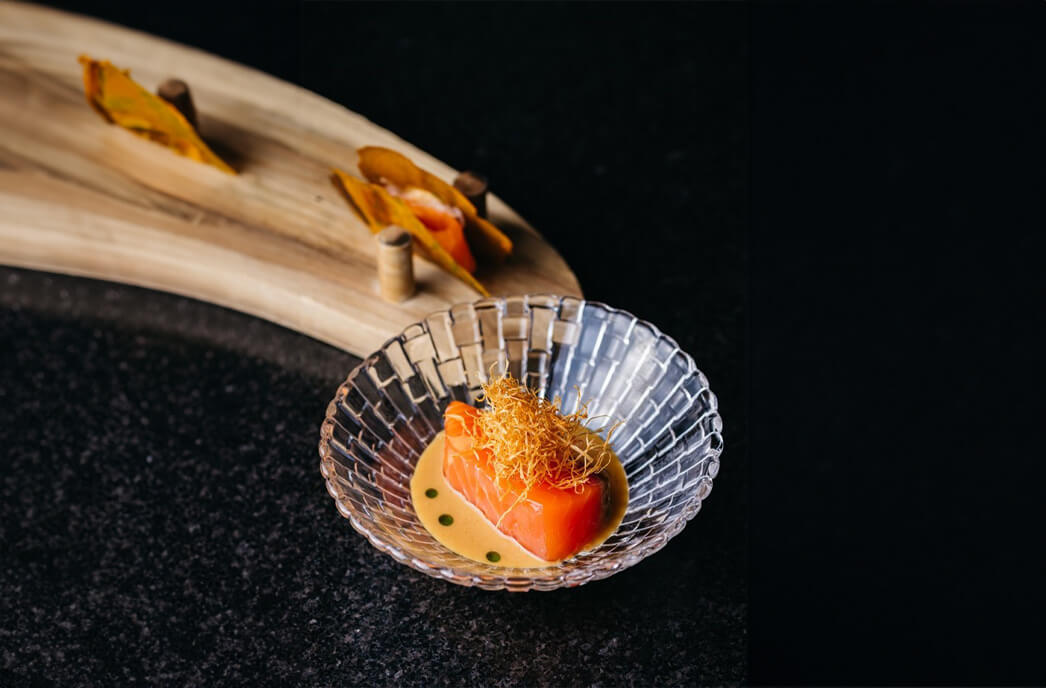
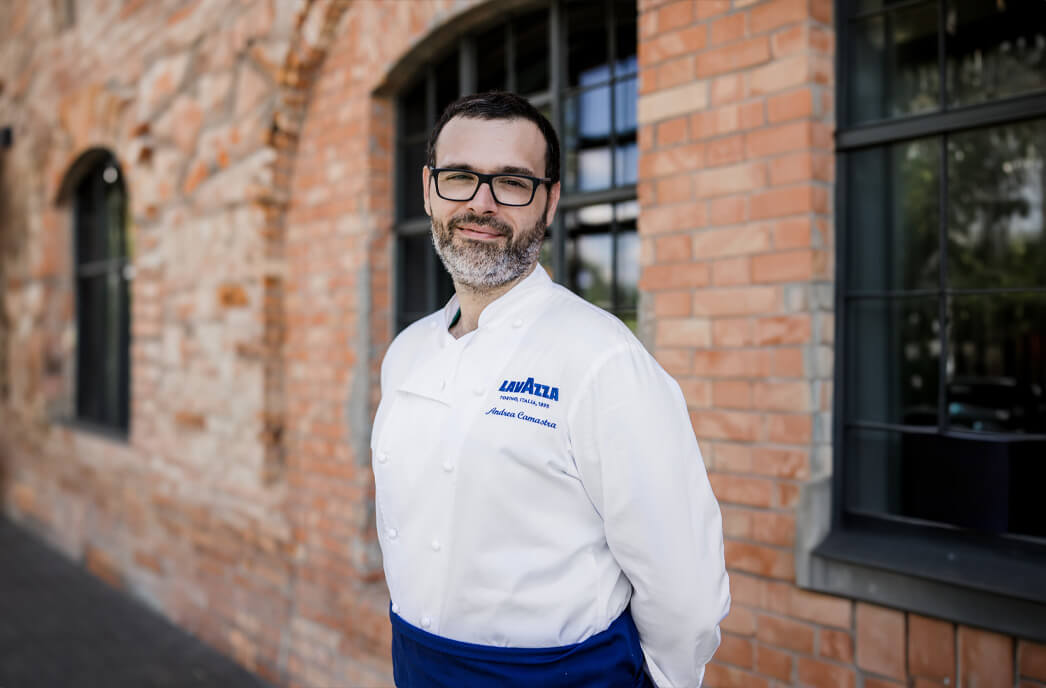
During the hours he spends in the kitchen, Camastra loves to listen to music, having been a musician himself since the age of eight. The chef considers learning and art to be the main sources of his creative culinary inspiration. In a moment of vibrant debate on the Polish culinary identity and its tension between tradition and innovation, Camastra makes culinary choices that, though apparently iconoclastic, reveal deep respect and love for this country’s food.
